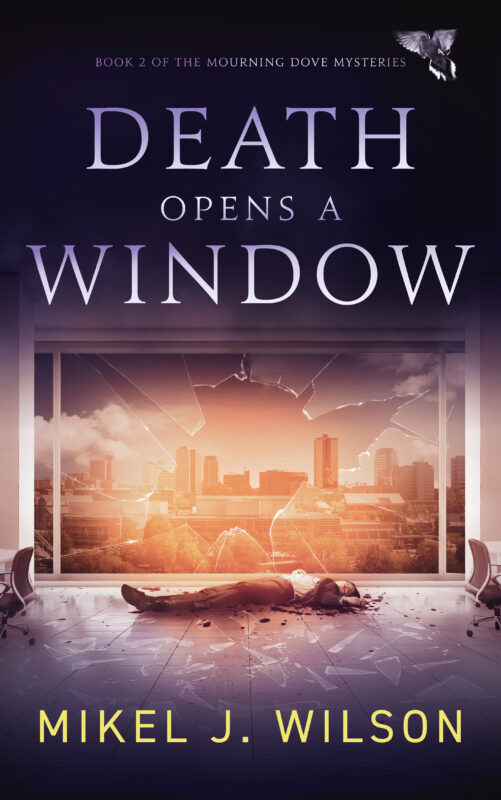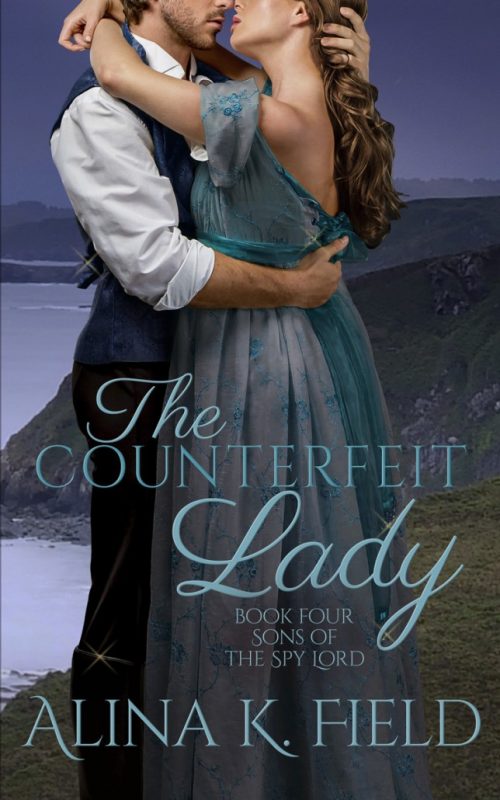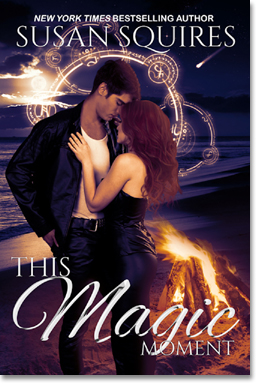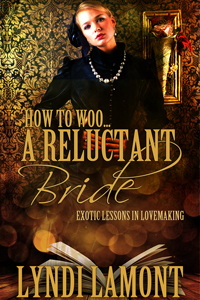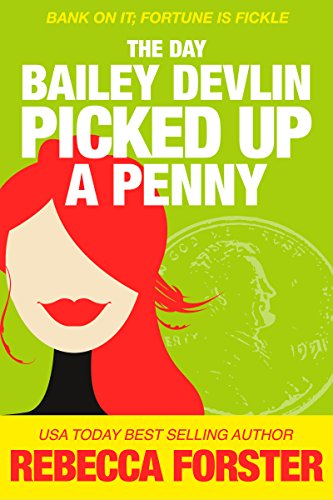The bigness of small talk
February 24, 2014 by A Slice of Orange in category ArchivesOK, maybe not all small talk. But if you are having a business meeting with someone you haven’t met or don’t know well, it’s big.
The convention that the American businessperson (or whomever) who wants to cut to the chase and avoid the traditional chit-chat—sometimes a trait associated with non-American cultures and can be seen as a ‘waste of time’—is surprisingly short sighted.
Here’s my example and my insight:
I recently overheard a half of a phone call between a manager and his freelance hire on a project. (Yes, the intimacy of cellphones in public spaces). They knew each other, but not well; it seemed early in the project. And they spent about 10 minutes of their opening conversation before “getting down to business,” going over the Superbowl, which had just occurred.
And I realized how illuminating these oblique conversations could be, how revealing, how much information was presented. You found out how each one presented their ideas, responded to the other’s comments, explored issues, shared information. You got a sense for how they spoke, how they listened, how they addressed problems—in conversation as well as the ones on the field.
It’s how you say what you say, how you respond. How you judge, work, think—your ‘general cognitive ability,’ beautifully expressed in this article about what Google looks for in hiring. In the article, the head of hiring tries to articulate what’s important, noting that credentials, grades, honors are all trying to be markers for something within, not things in themselves. They aren’t the point, they’re the product, and are meaningless without the ‘beef.’
Within publishing, writers sometimes ask if awards help sell a book. Well, yes they can—but I also want to say, “You have it backwards.”
Things (books, people, films, whatever) often get an award because they are exceptional. So an exceptional, fabulous story may get an award, but it doesn’t get bought because it got an award, it gets bought because it’s fabulous.
That’s also why some stories can get awards, but not get sold—because the judges may have wanted to reward or acknowledge something exceptional, perhaps something groundbreaking, or courageous.
But by virtue of its very exceptionalness, it may not be very commercial.
So it can be worthwhile to listen between the lines.
Isabel Swift
Do You REALLY Want To Know
February 20, 2014 by A Slice of Orange in category Archives tagged as critiques, Mona Karel, Saluki, stronger writingWhen I’m not writing, or thinking about writing, or begrudgingly cleaning the house, my life is full of dogs. On occasion I’ll judge dogs, and much of the time I’m expected to produce a written critique of the dogs I judged. Some judge’s critiques are works of art, describing the entry in flights of fancy and glowing terms. The better critiques offer a description in succinct terms, referring to
hallmarks of quality in the breed.
On occasion I’ve been asked to evaluate a dog somewhere other than a show, all too often at a gathering of friends where more attention is paid to sampling the host’s wine and beer selection than in depth discussion of dog structure and type. Even when I warn that a request for an honest appraisal will bring that very thing, they insist. Sometimes this can lead to that in depth discussion. Sometimes it heads down an entirely different path. Such as the time a dog of a new breed was paraded in front of me. I turned to the beaming owner and asked if every dog in the breed had a weak rear, since I hadn’t seen a good rear structure yet, including his dog.
He was not amused.
Often when judging writing contests I’ll come across an entry not ready to see the light of day. Since we don’t know the background of the entrant, and we don’t wan to discourage any budding confidence they might have in themselves as writers, any critiques written must be worded carefully. On occasion the story I pointed out as derivative and lacking any semblance of originality ends up published a few months later, with very few changes.
Publishing is a strange endeavor, never moreso than when when we try to make sense of it.
Right now I have two works in progress on my Kindle, sent from writing friends for a beta read. The friends have on occasion read for me, and have offered an ultimate expression of professional friendship by being brutally honest. Hate or love my work, they pull no punches.
Nor would I give them any less than my full honesty. Sure, I’ll temper it with soft words of praise. There are only so many ways one can say “I gave up before page thirty, I was so bored,” but one can attempt to find the actual best place to start the book. Far better for an earlier reader to reveal these plot weaknesses than for an editor to send the book back with a vague “fix it and we’ll look at it again” rejection.
With both of these writers I know any comments will be taken at face value, with no search for hidden messages. We separate the writer from the writing, which is healthy for all concerned, and something all of us need to remember when asking for or performing critiques. Don’t ask unless you really want to know, and learn to use that feedback to strengthen not only your own work but also your ability to evaluate other writer’s work.
 |
| Sharing a special moment. |
Olympic-sized Brain Fade
February 17, 2014 by A Slice of Orange in category ArchivesI’m a figure skating fanatic, so I look forward to the Winter Games every four years to indulge my obsession. But I go so caught up in trying to catch up on all the hours of skting I’ve recorded that I nearly forgot my monthly blog date at A Slice of Orange.
Last month, I wondered if getting organized in the digital age was Mission Impossible. Maybe not quite, but I can’t say I’ve personally made a lot of progress in the last month, other than buying a day timer and dutifully jotting down the year’s events.
But as Scarlett O’Hara said, “tomorrow is another day” and that means another chance to hit the Restart button. But I won’t be hitting it until my Olympic vacation is over.
In the meantime, to make up for my lack of preparation, here’s a link to a sometimes-funny but always-illuminating look at Why Writers Are the Worst Procrastinators (what, I’m not the only one) by Megan McArdle, author of The Up Side of Down: Why Failing Well Is the Key to Success at the Atlantic Monthly.
I hope to do better next month. Happy Presidents Day weekend to all.
Linda Mac
“The Princess and the Stilettos” Video Love Poem
February 11, 2014 by A Slice of Orange in category Archives tagged as candy, Confessions of a Podcast Goddess, heart, kiss, love, novel, prince, princess, red, romance, shoes, stilettos, sweet, sweetheart, Valentine, Valentine’s DayValentine’s Day is almost here…chocolate and flowers and romance. What girl could ask for more?
This Valentine’s I decided to do something totally different…I wanted to tell a story in pictures and rhyme. With the way books are published now as e-books and I’ve heard that books with soundtracks etc. are in the works, I wanted to experiment on my own.
So I bought a bunch of photos from www.Dreamstime.com and then found the perfect music from Kevin MacLeod www.incompetech.com and put it all together with my voiceover and a poem I wrote about a little girl who wanted to be a princess…
So here you are: the story of The Princess and the Stilettos…and how she found her prince told as a Valentine’s Day video poem.
The Princess and the Stilettos for Valentine’s Day from Jina Bacarr on Vimeo.
Happy Valentine’s Day!
Best,
Jina
Sorry I’m Late!
February 7, 2014 by A Slice of Orange in category ArchivesAffiliate Links
A Slice of Orange is an affiliate with some of the booksellers listed on this website, including Barnes & Nobel, Books A Million, iBooks, Kobo, and Smashwords. This means A Slice of Orange may earn a small advertising fee from sales made through the links used on this website. There are reminders of these affiliate links on the pages for individual books.
Search A Slice of Orange
Find a Column
Archives
Featured Books
THIS MAGIC MOMENT
She knows in her blood and in her bones that her Destiny is a member of the Clan. She must reject him as an enemy. But can she?
More info →HOW TO WOO … A RELUCTANT BRIDE
Can an arranged marriage lead to love?
More info →THE DAY BAILEY DEVLIN PICKED UP A PENNY
Oh, Boy! Oh, Bailey!
Find a penny, pick it up; just don't bank on Lady Luck.
Newsletter
Contributing Authors
Search A Slice of Orange
Find a Column
Archives
Authors in the Bookstore
- A. E. Decker
- A. J. Scudiere
- A.J. Sidransky
- Abby Collette
- Alanna Lucus
- Albert Marrin
- Alice Duncan
- Alina K. Field
- Alison Green Myers
- Andi Lawrencovna
- Andrew C Raiford
- Angela Pryce
- Aviva Vaughn
- Barbara Ankrum
- Bethlehem Writers Group, LLC
- Carol L. Wright
- Celeste Barclay
- Christina Alexandra
- Christopher D. Ochs
- Claire Davon
- Claire Naden
- Courtnee Turner Hoyle
- Courtney Annicchiarico
- D. Lieber
- Daniel V. Meier Jr.
- Debra Dixon
- Debra H. Goldstein
- Debra Holland
- Dee Ann Palmer
- Denise M. Colby
- Diane Benefiel
- Diane Sismour
- Dianna Sinovic
- DT Krippene
- E.B. Dawson
- Emilie Dallaire
- Emily Brightwell
- Emily PW Murphy
- Fae Rowen
- Faith L. Justice
- Frances Amati
- Geralyn Corcillo
- Glynnis Campbell
- Greg Jolley
- H. O. Charles
- Jaclyn Roché
- Jacqueline Diamond
- Janet Lynn and Will Zeilinger
- Jaya Mehta
- Jeff Baird
- Jenna Barwin
- Jenne Kern
- Jennifer D. Bokal
- Jennifer Lyon
- Jerome W. McFadden
- Jill Piscitello
- Jina Bacarr
- Jo A. Hiestand
- Jodi Bogert
- Jolina Petersheim
- Jonathan Maberry
- Joy Allyson
- Judy Duarte
- Justin Murphy
- Justine Davis
- Kat Martin
- Kidd Wadsworth
- Kitty Bucholtz
- Kristy Tate
- Larry Deibert
- Larry Hamilton
- Laura Drake
- Laurie Stevens
- Leslie Knowles
- Li-Ying Lundquist
- Linda Carroll-Bradd
- Linda Lappin
- Linda McLaughlin
- Linda O. Johnston
- Lisa Preston
- Lolo Paige
- Loran Holt
- Lyssa Kay Adams
- Madeline Ash
- Margarita Engle
- Marguerite Quantaine
- Marianne H. Donley
- Mary Castillo
- Maureen Klovers
- Megan Haskell
- Melanie Waterbury
- Melisa Rivero
- Melissa Chambers
- Melodie Winawer
- Meriam Wilhelm
- Mikel J. Wilson
- Mindy Neff
- Monica McCabe
- Nancy Brashear
- Neetu Malik
- Nikki Prince
- Once Upon Anthologies
- Paula Gail Benson
- Penny Reid
- Peter Barbour
- Priscilla Oliveras
- R. H. Kohno
- Rachel Hailey
- Ralph Hieb
- Ramcy Diek
- Ransom Stephens
- Rebecca Forster
- Renae Wrich
- Roxy Matthews
- Ryder Hunte Clancy
- Sally Paradysz
- Sheila Colón-Bagley
- Simone de Muñoz
- Sophie Barnes
- Susan Lynn Meyer
- Susan Squires
- T. D. Fox
- Tara C. Allred
- Tara Lain
- Tari Lynn Jewett
- Terri Osburn
- Tracy Reed
- Vera Jane Cook
- Vicki Crum
- Writing Something Romantic
Affiliate Links
A Slice of Orange is an affiliate with some of the booksellers listed on this website, including Barnes & Nobel, Books A Million, iBooks, Kobo, and Smashwords. This means A Slice of Orange may earn a small advertising fee from sales made through the links used on this website. There are reminders of these affiliate links on the pages for individual books.

